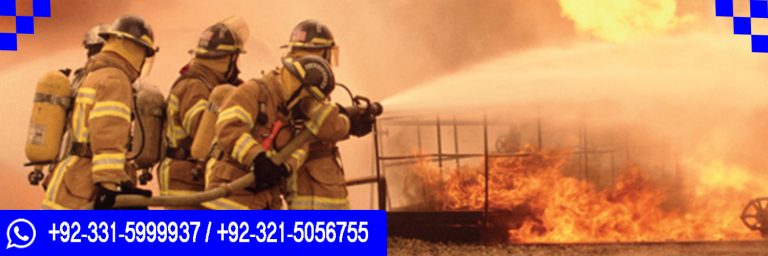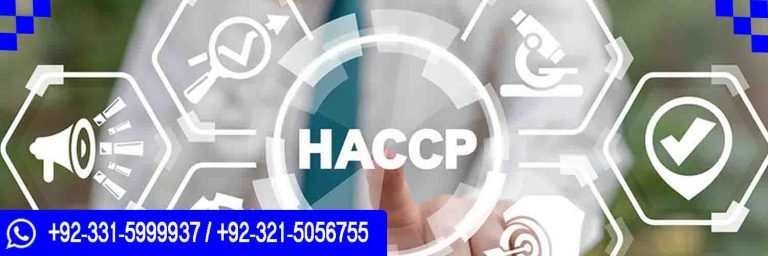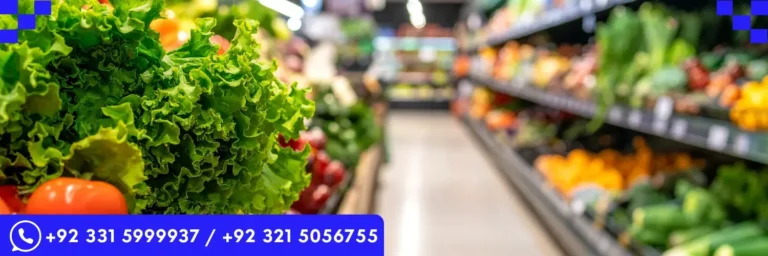The LICQual ISO 22000:2018 FSMS Internal Auditor course is a professional qualification designed to equip learners with the knowledge and skills needed to perform internal audits within food safety management systems (FSMS) aligned with ISO 22000:2018 standards. This course provides comprehensive insights into food safety principles, hazard analysis, operational planning, and continual improvement practices, enabling professionals to ensure compliance, enhance food safety performance, and mitigate risks across the food supply chain.
Awarded by LICQual, a globally recognized certification body, this qualification is ideal for food safety managers, quality auditors, production supervisors, and other professionals involved in the food industry. Learners will develop practical skills in auditing, identifying non-conformities, evaluating corrective actions, and implementing continual improvements. By completing this course, participants gain the expertise to support organizational food safety objectives, enhance operational efficiency, and contribute to a culture of quality and safety in line with international standards.
Course Overview
Qualification Title: LICQual ISO 22000:2018 FSMS Internal Auditor
Awarding Body: LICQual
Total Units: 06 Units
Credits: 40
GLH: 120
Course Study Units
- Introduction to ISO 22000:2018 and FSMS
- Leadership and Commitment in FSMS
- Hazard Analysis and Critical Control Points (HACCP)
- Operational Planning and Control
- Performance Evaluation and Internal Audits
- Continual Improvement in FSMS
Course Learning Outcomes
1. Introduction to ISO 22000:2018 and FSMS
- Understand the structure and requirements of ISO 22000:2018
- Explain the importance of FSMS in food safety management
- Identify key roles and responsibilities within a food safety system
2. Leadership and Commitment in FSMS
- Recognize the importance of leadership in FSMS implementation
- Demonstrate management commitment to food safety objectives
- Promote a culture of food safety and compliance within the organization
3. Hazard Analysis and Critical Control Points (HACCP)
- Apply HACCP principles to identify and control food safety hazards
- Develop critical control points and monitoring procedures
- Implement corrective actions to mitigate food safety risks
4. Operational Planning and Control
- Plan and manage operational processes to ensure FSMS compliance
- Document procedures and control measures effectively
- Maintain consistency in food safety operations
5. Performance Evaluation and Internal Audits
- Conduct internal audits according to ISO 22000:2018 standards
- Monitor and evaluate FSMS performance metrics
- Identify non-conformities and recommend corrective actions
6. Continual Improvement in FSMS
- Develop strategies for continual improvement in food safety systems
- Apply feedback and audit results to enhance FSMS effectiveness
- Implement preventive measures to reduce future risks
Course Benefits
This qualification equips learners with the practical skills and knowledge needed to perform effective internal audits in food safety management systems. It enhances professional credibility and improves operational efficiency, enabling organizations to maintain compliance with international standards.
Key Benefits:
- Gain internationally recognized FSMS internal auditor certification
- Develop expertise in HACCP and food safety principles
- Improve skills in audit planning, reporting, and corrective actions
- Strengthen leadership and compliance capabilities in FSMS
- Support continual improvement initiatives within food organizations
Ideal Learner
This course is ideal for professionals seeking to enhance their knowledge and skills in food safety management and internal auditing. It is suitable for both newcomers and experienced practitioners in the food industry.
Ideal for:
- Food safety managers and coordinators
- Quality assurance and control professionals
- Production and operations supervisors in the food sector
- Internal auditors and compliance officers
- Individuals aiming for ISO 22000:2018 certification expertise
Entry Requirements
Learners should have a basic understanding of food safety principles or prior experience in the food industry. No formal qualifications are required, but familiarity with ISO standards is beneficial.
Requirements:
- Minimum age: 18 years
- Basic knowledge of food safety or quality management
- Understanding of organizational processes (recommended)
Who Can Enroll
This course is open to professionals across the food industry who are responsible for or involved in food safety management, quality assurance, and internal auditing.
Eligible Candidates:
- Food production supervisors and managers
- Quality assurance officers and coordinators
- Internal and external auditors in food organizations
- Compliance officers and food safety consultants
Future Progression
After completing this qualification, learners can progress to higher-level ISO 22000 auditor certifications, lead auditor programs, or specialized diplomas in food safety and quality management.
Progression Pathways:
- LICQual ISO 22000:2018 Lead Auditor Certification
- Advanced diplomas in Food Safety Management
- Senior roles in food safety, quality assurance, and compliance
- Consultancy and auditor positions in the food industry






